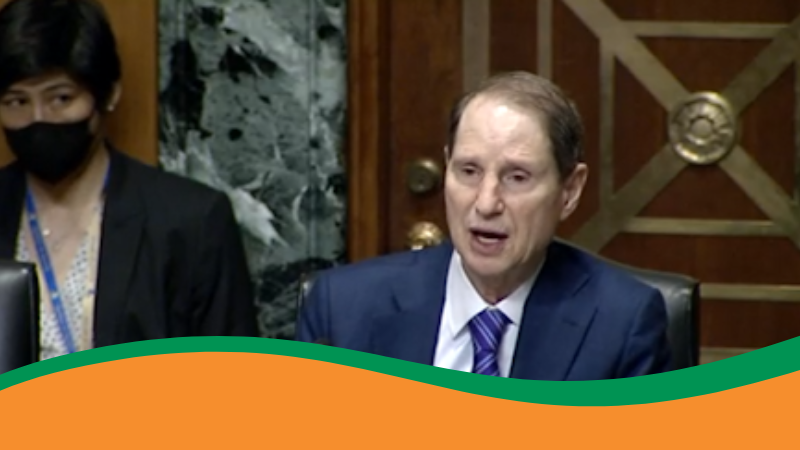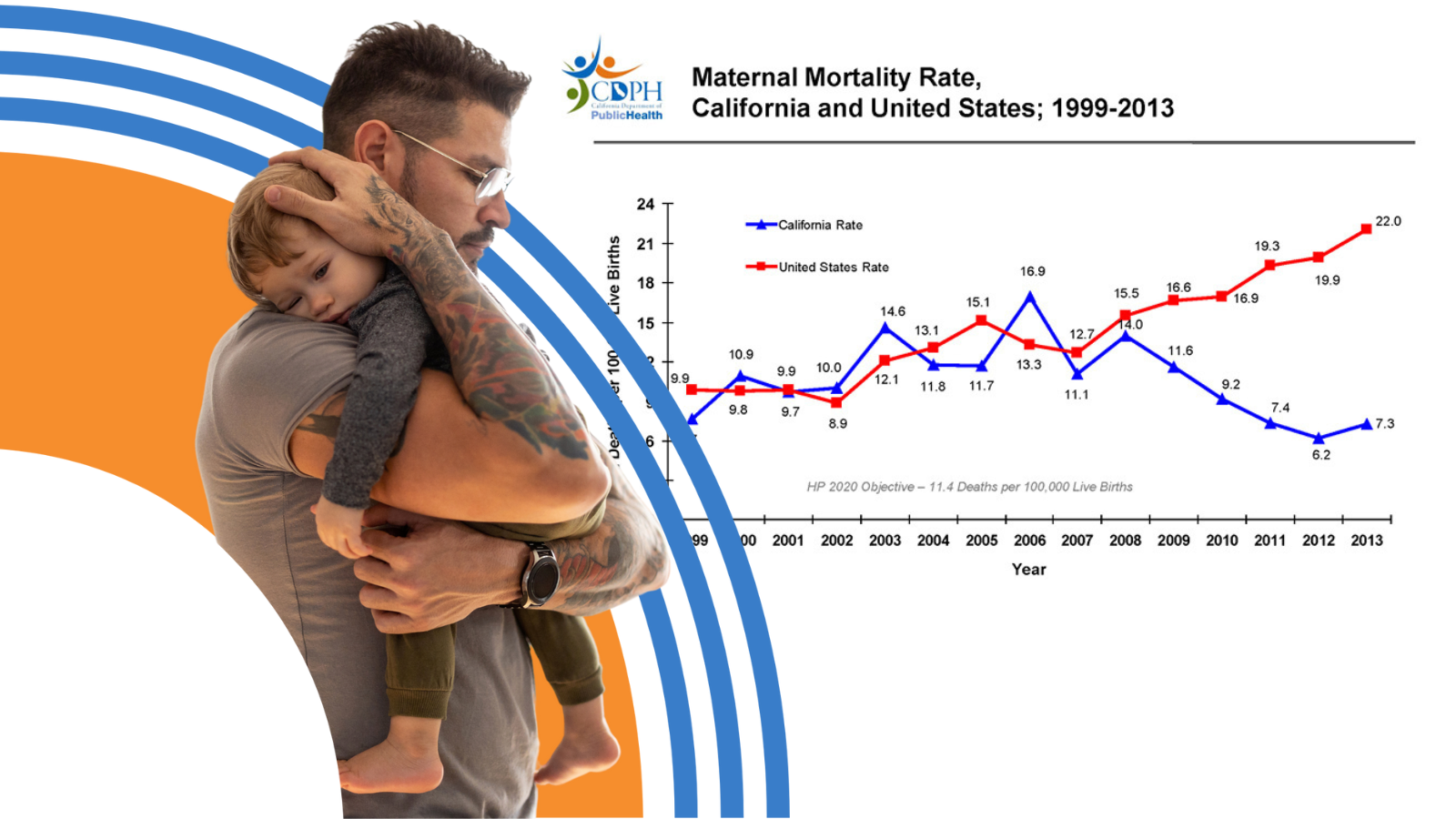On March 30, 2022, the Senate Finance Committee, led by Chairman Ron Wyden (D-OR) and Ranking Member Mike Crapo (R-ID), held a hearing titled, “Behavioral Health Care When Americans Need It: Ensuring Parity and Care Integration.”
Witnesses—subject matter experts speaking at the hearing to offer background and recommendations—included John Dicken of the Government Accountability Office (GAO); Dr. Andy Keller of the Meadows Mental Health Policy Institute; Dr. Anna Ratzliff of the Advancing Integrated Mental Health Solutions (AIMS) Center and Professor at the University of Washington; and Reginald Williams II of the Commonwealth Fund.
In his opening remarks, Senator Wyden highlighted the barriers to mental health coverage that continue to exist over a decade after passage of the Mental Health Parity and Addiction Equity Act (MHPAEA). MHPAEA was meant to ensure coverage of mental health and substance use disorder treatment that is equitable to medical care.
Chairman Wyden noted, “These bureaucratic roadblocks to insurance coverage can be fatal.”
Senator Crapo discussed the impact of the COVID-19 pandemic on mental health, and emphasized that although the pandemic itself has recently become less of a public health burden, noting “The pandemic will have lasting impacts on the nation’s mental health.”
Although maternal mental health (MMH) was not explicitly mentioned during the hearing, we know that parity is imperative for mothers in need of MMH services, as lack of coverage can prevent appropriate treatment and can lead to exorbitant medical bills.
The witnesses covered a range of topics in their respective testimonies:
- Mr. Dicken described the GAO’s newly released report entitled, Mental Health Care: Access Challenges for Covered Consumers and Relevant Federal Efforts, which describes the challenges individuals encounter when trying to get coverage for mental health services.
- Dr. Keller spoke about Medicare-specific parity issues, as well as the importance of supporting the Collaborative Care Model (CoCM) and better integration of mental health/addiction services in primary care settings.
- Dr. Ratzliff recommended behavioral healthcare integration into primary care, addressing health equity, and increasing access to telehealth.
- Mr. Williams described the importance of primary care integration as well, and spoke about the need to expand and diversify the mental health/substance use workforce and leverage telemedicine and digital health solutions.
Many of the topics discussed during the hearing were also included in the Senate Finance Committee’s bipartisan report, Mental Health Care in the United States: The Case for Federal Action, which was released on March 28, 2022. The Committee is expected to continue its efforts to improve mental health and addiction parity, especially for those covered by Medicare, Medicaid, and the Children’s Health Insurance Program (CHIP), as the Committee has jurisdiction over those programs.
2020 Mom will continue to track actions moving forward in both the Senate and the House of Representatives, and will continue to advocate for effective maternal mental health policies to be included in any upcoming mental health legislative packages.



